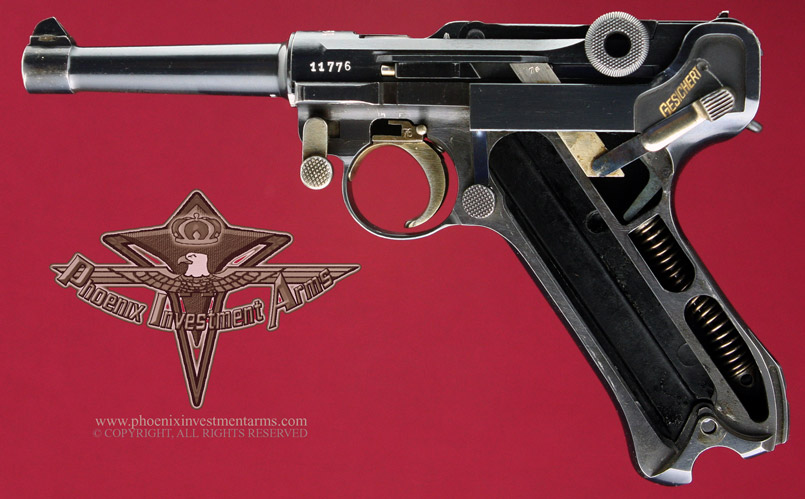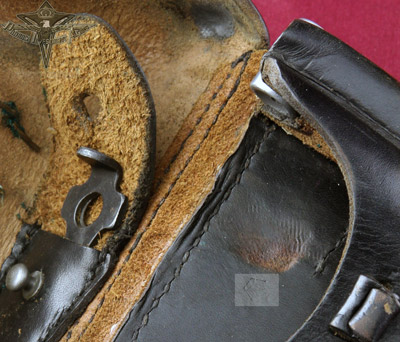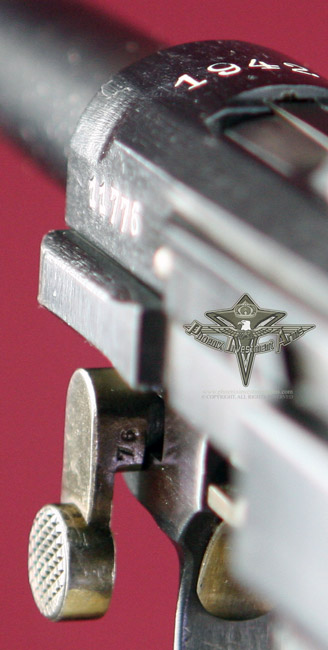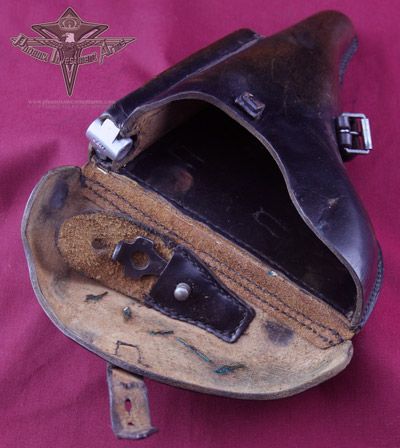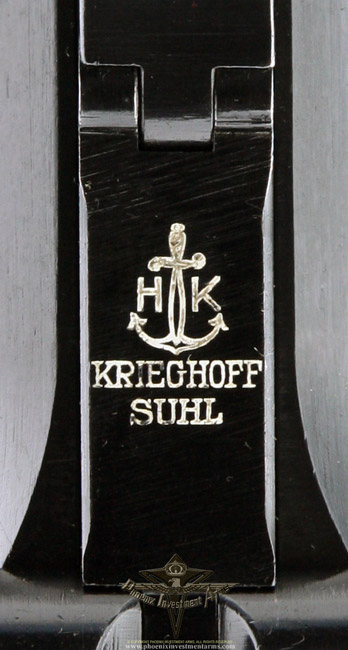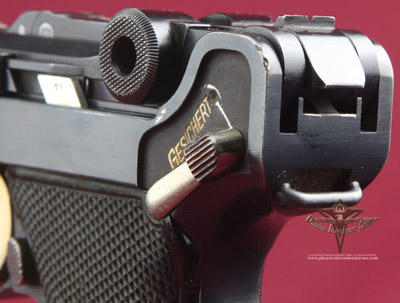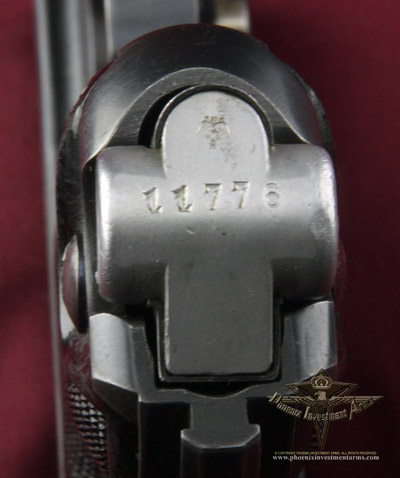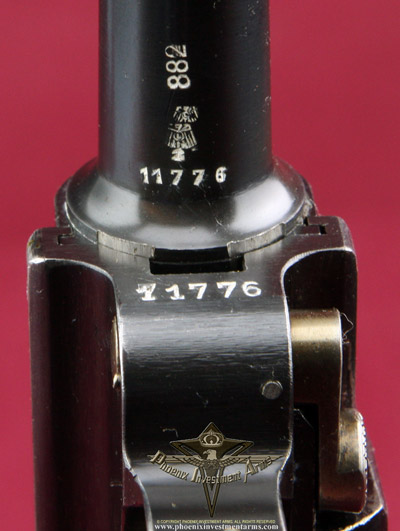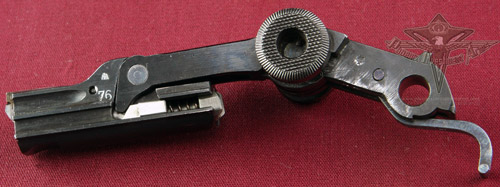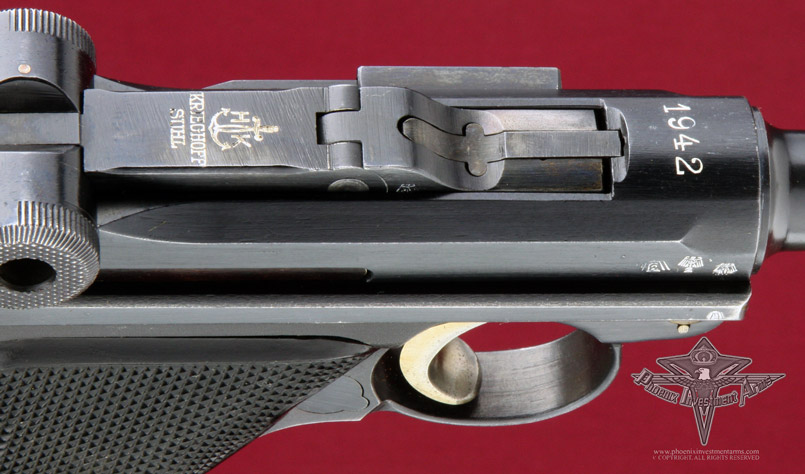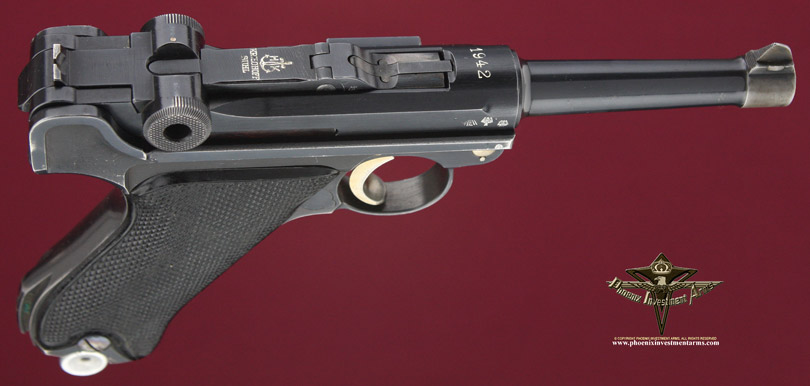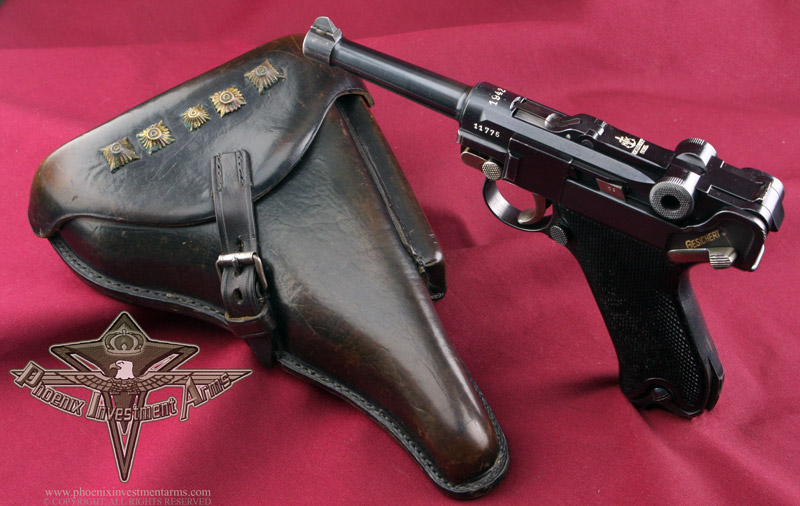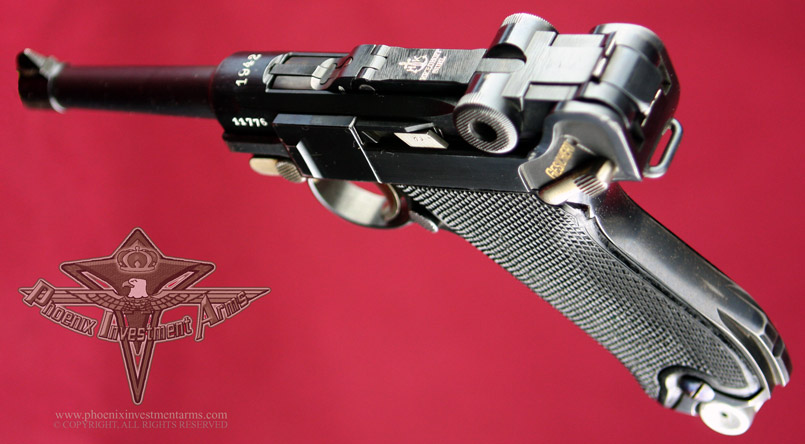
Reichmarshall
Hermann Göring, as head of the Luftwaffe, formed the first parachute
regiments in 1935. During the Spanish Civil War, the Germans had gained
experience in air-landings, primarily using the Junkers 52. It was to be
this plane that was to be the workhorse of the Fallschirjager – the
German paratroopers. A Luftwaffe general, Kurt Student, was given charge
of airborne training. The Parabellum was the weapon of choice.
The Germans
launched what can be classed as the first airborne ‘attack’ on March
12th, 1938 when German paratroopers seized and captured an airfield at
Wagram in Austria during the take-over of Austria. However, in the
attack on Western Europe, German paratroopers were used in the attack on
Norway in May 1940 when they captured air bases at Oslo and Stavanger.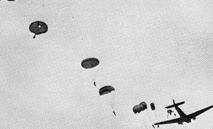
In the attack on
the Netherlands, German paratroopers played a major role isolating the
city of The Hague and in Belgium, they seized vital bridges and took a
strategic fort at Eben Emael.
German
paratroopers jump from a J-52
One year later,
the Germans used paratroopers to attack Crete. This was the first time
that paratroopers were given the task of attacking and defeating a
complete target. At the time, it was the largest airborne attack in
history. Though the island was taken after heavy fighting and the attack
passed into military folklore, the Germans took very heavy casualties
(25%) and Hitler lost faith in this form of attack. On the orders of
Hitler, German paratroopers were sent to Russia where they fought
gallantly as ground troops. |
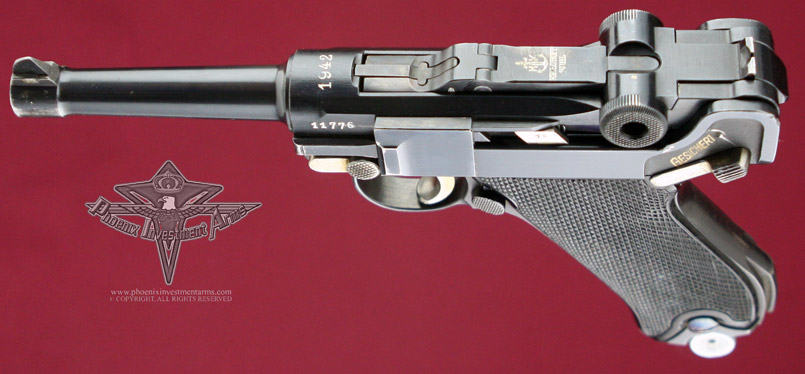
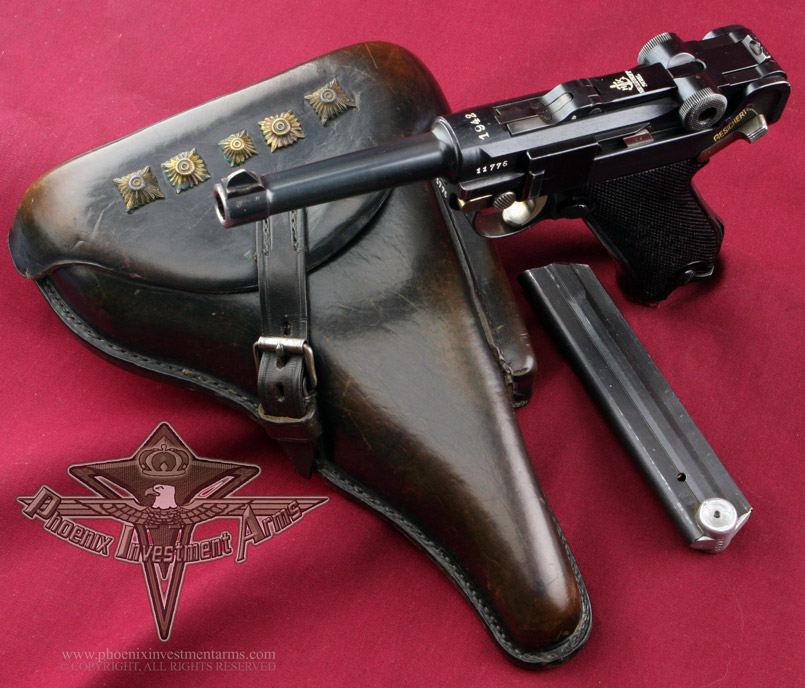
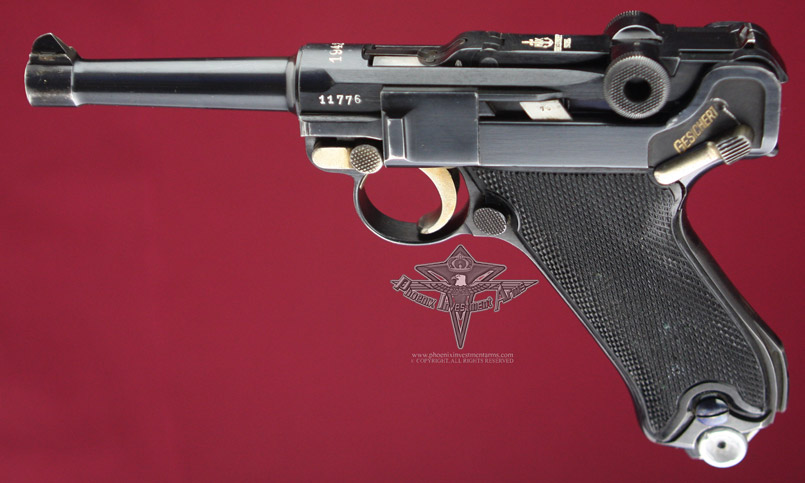
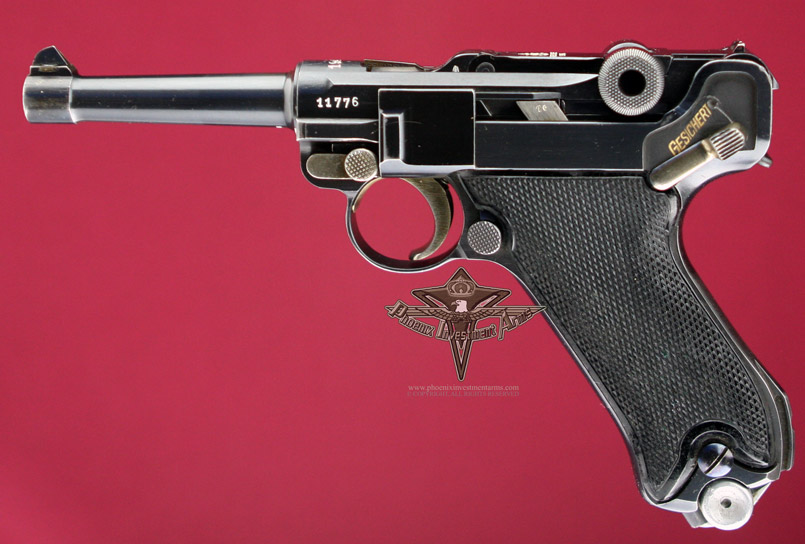
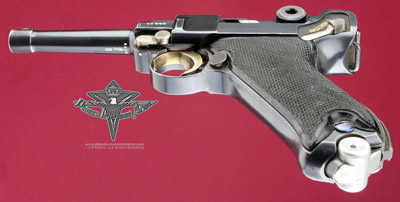
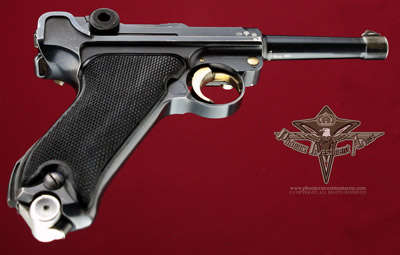

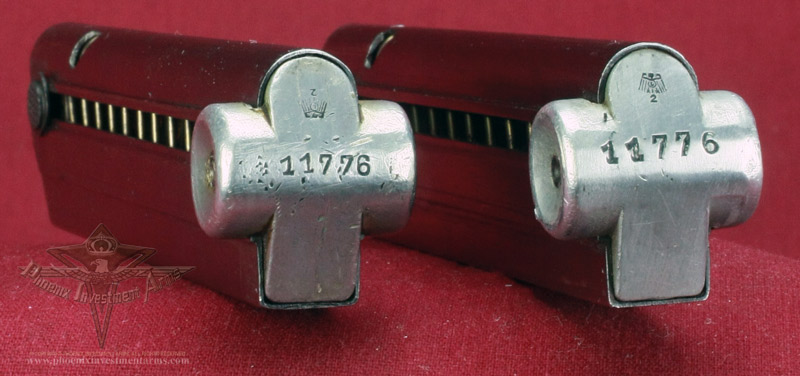
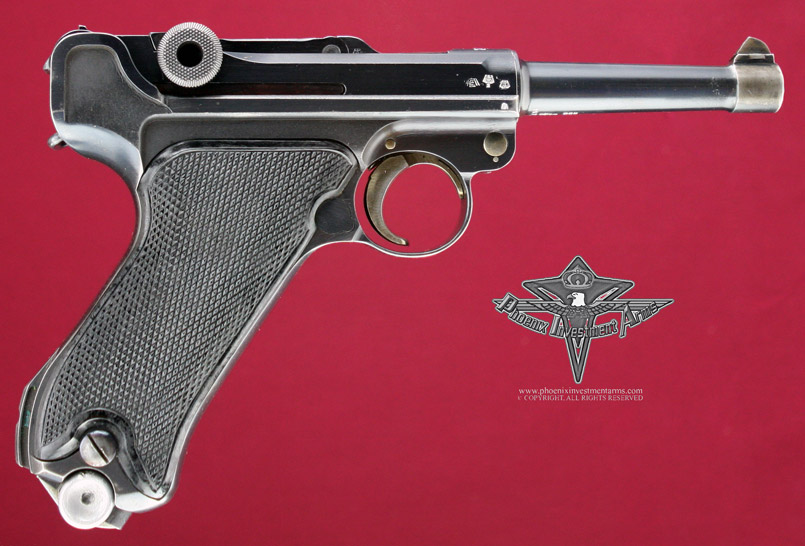
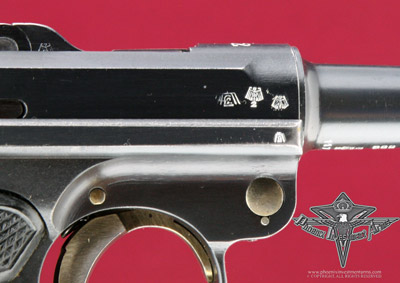
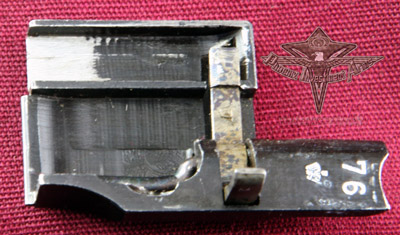

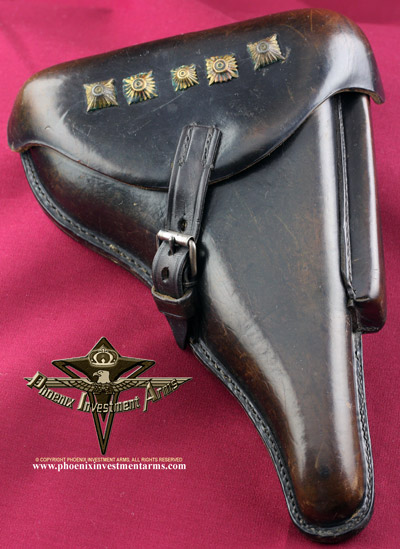
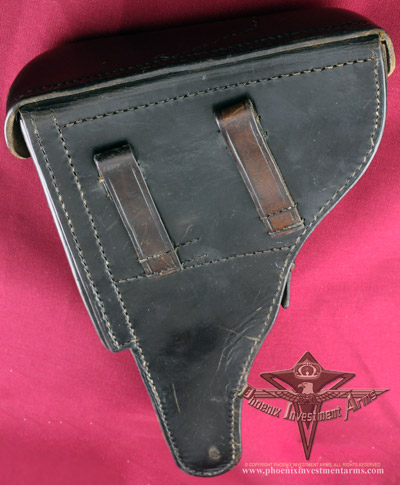
.jpg) Wehrmacht
rank in regards to the pips were work on the shoulder tabs.
Wehrmacht
rank in regards to the pips were work on the shoulder tabs.